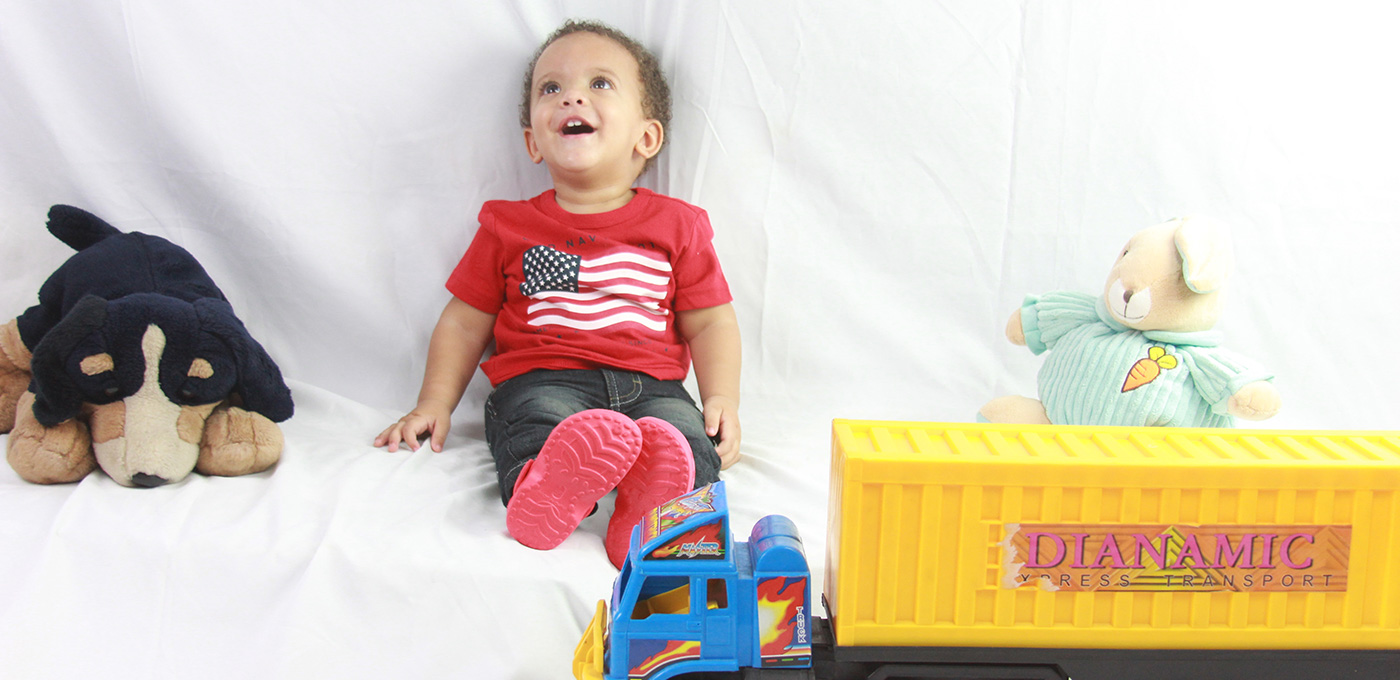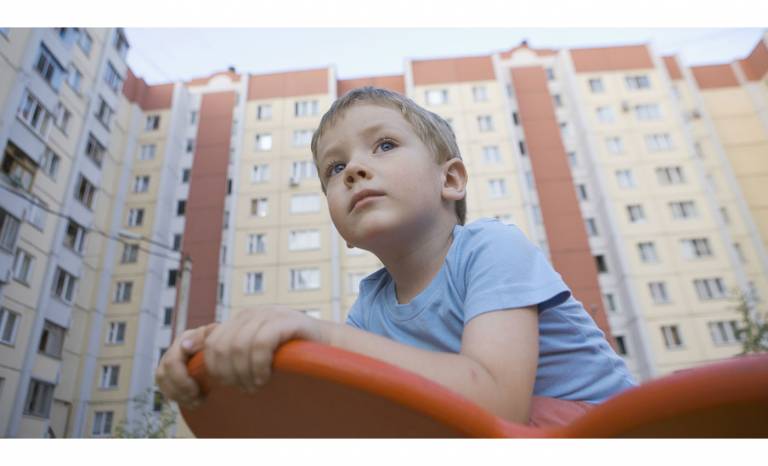Home moves in the early years: the impact on children in the US and UK
Is the upheaval of moving home detrimental to young children's development?

19 June 2017
By Ryan Bradshaw.
IOE researchers collaborated with American colleagues to explore this question in the context of the US and UK. They come to the conclusion that moving home in and of itself is no bad thing – instead it is the constellation of difficulties that contribute to poor home moves for disadvantaged families that policymakers need to address.
The project compared the experience of moving home for children under five in two longitudinal studies: the UK Millennium Cohort Study and the Fragile Families and Child Wellbeing Study (FFS) of US cities. Both studies are following groups of children born at the turn of the century.
The research set out to explore how moving home in two contrasting housing policy regimes was associated with the development of pre-school children. Families move home for a range of reasons, under different circumstances, and with a variety of different outcomes for their housing and location. Researchers examined whether the conditions surrounding moving home, or moving itself, contribute to children’s development problems.
The project focused on the first five years of the children’s lives as the early years have been particularly neglected in the literature. The researchers will explore mobility at school ages in further work.
Key findings
About 2 in 5 of UK children moved home between the age of 9 months and 5 years, mostly just once. More of the American families in the study (nearly 7 in 10), moved often more than once.
In both countries, children who moved fared worse, in ratings of verbal ability and emotional and behavioural adjustment, than those who did not. However, there was no evidence that moving home was the root cause of such problems.
It appeared that if the move was good for the family, it was not bad for the children – but if the move was bad for the family, there could be consequences for the children. UK children who moved home within the poorest areas – those in the bottom 30 per cent of areas – showed some sign of disadvantage from moving, having slightly more emotional and behaviour problems and worse vocabulary scores than those who did not move in these neighbourhoods.
Among children from the better-off neighbourhoods, those who moved into or relocated within these areas had no more verbal, emotional or behaviour problems than those who did not move home in their early years.
In the US, families who are private renters, live in disadvantaged neighbourhoods, and those with lower incomes are more likely to have to move home following disruptive events, such as job loss, divorce and separation, or father’s incarceration, than more advantaged families.
Recommendations

Governments have tried to promote housing mobility and protect citizens in policies that vary across tenures – owner occupation, social housing and private rentals. Policies should be focused on promoting 'advantaging' moves and protecting people from 'disadvantaging' moves across all sectors of the housing market.
Increases in the housing stock might raise opportunities for 'advantaging' moves for all. Other policies could limit moves under stress or duress, or cushion their adverse consequences. These could include a revival of the neighbourhood renewal efforts in poor areas, which have fallen victim to government cuts.
Policymakers could also learn from the many and various aspects of family difficulties uncovered by this research. Better coordination between agencies that support vulnerable young families – health, childcare, cash benefits as well as housing and planning – may help to improve the outcomes of young children in disadvantaged areas.
 Close
Close

